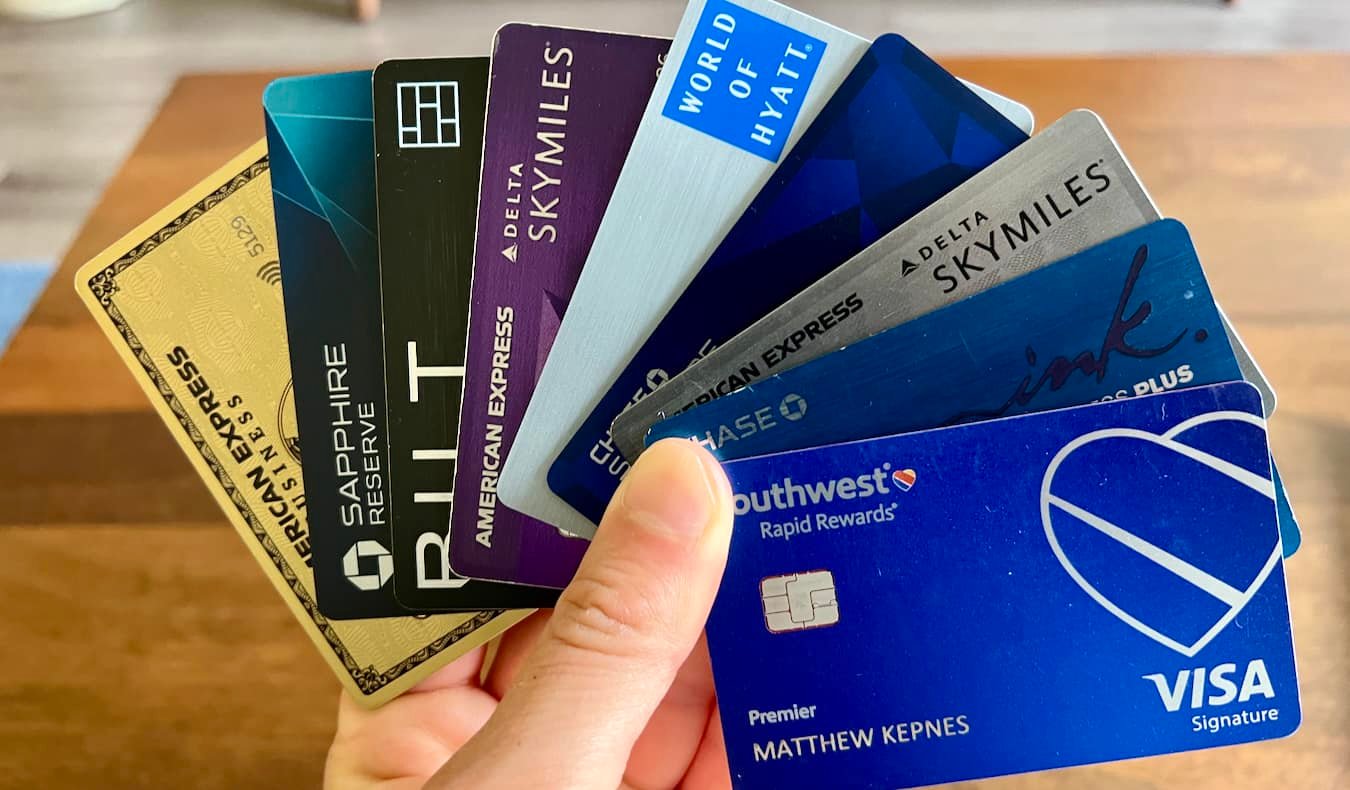Introduction
The recent Briansclub hack has once again raised concerns about online security. With millions of stolen credit card records and personal information up for sale on the deep web, it’s clear that our current approach to online security may not be enough. As more and more people conduct their daily lives online, it’s time to reconsider how we protect ourselves from cyber threats.
In this blog post, we’ll delve into the details of the Briansclubcm.co, explore its implications for our online security, and discuss what steps we can take to better protect ourselves in today’s digital age.
What is the Briansclub Hack?
Screenshot of Brlanclub.com Dump Section
The Briansclub Hack refers to the data breach of a popular underground website that sells stolen credit card information. BriansClub is known for selling large quantities of such data, and it has been estimated that the site has generated millions in revenue over the years.
The hack was first made public in October 2019 when cybersecurity reporter Brian Krebs reported on a massive dump of stolen credit card details. The dataset included more than 26 million records, making it one of the largest breaches ever recorded.
It was later confirmed that this data originated from Brlanclub.com, and it contained sensitive information such as names, addresses, phone numbers, and credit card details. The hackers responsible for the attack were able to infiltrate multiple servers used by BriansClub over several months before they were detected.
This incident highlights just how vulnerable we are to cyber-attacks and emphasizes the need for improved security measures. It also raises questions about our approach to online security and whether it needs updating given today’s sophisticated cyber threats.
How Does This Affect Our Online Security?
The Briansclub hack is a significant wake-up call for online security. It highlights the need to re-evaluate our approach towards safeguarding our personal information and avoiding cyber threats.
With the massive amount of data breaches happening every year, it’s becoming more evident that traditional methods of online security are no longer enough to protect us from harm. The fact that hackers can easily purchase stolen credit card details on black market websites like Briansclub cm only emphasizes how vulnerable we all are.
Furthermore, this incident exposes how little control we have over our personal information once it’s been entered into an online system or database. Even if we trust the websites or companies with whom we share our sensitive data, there is always a risk that it could be compromised by unauthorized access.
As individuals, it is essential to take responsibility for our own cybersecurity by practicing safe browsing habits and using strong passwords. However, businesses also bear responsibility in implementing robust security measures and regularly updating their systems to prevent hacks like Brlanclub.com from happening in the first place.
The bottom line is that everyone needs to step up their game when it comes to online security because these types of incidents can happen anywhere at any time without warning. We must do everything possible to safeguard ourselves against cyber threats and keep our valuable data secure from prying eyes.
Is Our Approach to Online Security Outdated?
The rise of cybercrime and data breaches has made online security an increasingly pressing issue in recent years. However, many experts argue that our current approach to online security may be outdated. For one thing, traditional password-based authentication systems are no longer considered sufficient for protecting sensitive information. Passwords can be easily guessed or stolen through phishing attacks, leaving users vulnerable to identity theft and other forms of cybercrime.
In addition, many websites still rely on outdated HTTP protocols rather than the more secure HTTPS protocol. This means that any information transmitted between a user’s browser and the website is not encrypted, making it easy for hackers to intercept and steal valuable data.
Another issue with our current approach to online security is the lack of emphasis on education and awareness. Many people are simply not aware of best practices when it comes to protecting their personal data online, which leaves them vulnerable to scams and other types of cyber threats.
It is clear that our current approach to online security needs some serious rethinking if we hope to stay safe from modern-day threats like those posed by the Brians club.
How Can We Improve Our Online Security?
One of the most important things we can do to improve our online security is to use strong and unique passwords for every account. It’s tempting to use the same password for multiple accounts, but this makes it much easier for hackers to gain access.
Another way to improve our online security is by enabling two-factor authentication wherever possible. This adds an extra layer of protection beyond just a password, making it more difficult for unauthorized users to access our accounts.
We should also be cautious about clicking on links in emails or messages from unknown sources. Phishing scams are becoming increasingly sophisticated and can trick even tech-savvy individuals into revealing sensitive information.
Regularly updating software and operating systems on all devices is another crucial step in improving online security. Vulnerabilities are often discovered and patched through updates, so failing to update leaves us vulnerable.
Investing in a reputable antivirus program can help protect against malware and other malicious attacks that could compromise our personal information. By taking these steps, we can significantly reduce the risk of falling victim to cybercriminals like those behind the Brlanclub.com hack.
Conclusion
The BriansClub cm hack serves as a wake-up call for all of us to reconsider our approach to online security. The outdated methods that we have been relying on are no longer enough to protect ourselves from sophisticated cyber attacks.
It is essential that we take proactive steps towards improving our online security by adopting new technologies and practices such as two-factor authentication, using strong passwords, and regularly updating software and applications.
As internet users, it is vital that we recognize the importance of safeguarding our sensitive information from malicious actors who seek to exploit vulnerabilities in our digital lives.
Ultimately, taking responsibility for one’s online safety will go a long way in ensuring that we can continue to enjoy the many benefits of living in an increasingly connected world without putting ourselves at undue risk.



